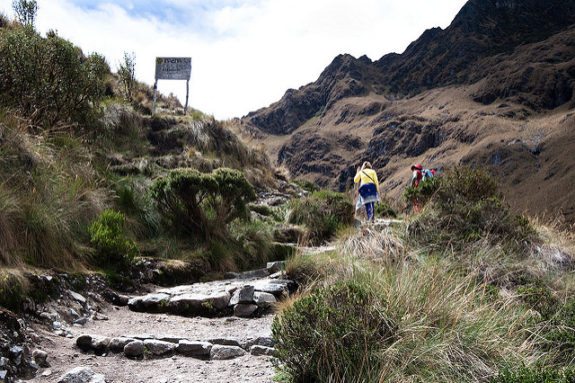
April 10, 2017; New York Times
The founder of REI recently passed away, leaving behind the nation’s largest consumer cooperative retailer (with more than 6 million member-owners) and a legacy of outdoors-oriented philanthropy. Mary Anderson was 107 and, by all accounts, a force of nature.
The former schoolteacher and her husband founded REI—originally called the Recreational Equipment Cooperative—in 1938 as a way to purchase expensive mountain climbing equipment from abroad. The retailer is now worth $2.56 billion, according to the New York Times, and gave its member-owners back $193.7 million in dividends in 2016 plus 70 percent of its profits to the outdoor community, including $9.3 million to nonprofits.
Despite its success, REI didn’t inspire a movement of cooperatives to flourish on the national level. But, a recent New York Times op-ed from Timothy Egan argued that the company is a prime example of the double bottom line: “The corporations of 2017 that strive to do well while doing good, the ones that want to step up as global citizens while the Trump administration steps back, owe a part of their enlightened self-interest to Mary Anderson.”
Beyond giving profits back to members and nonprofits, REI also started a foundation in 1994 and a Mary Anderson Legacy Grant to honor her 100th birthday. Members can even elect to donate their unused dividend to the REI Foundation.
The foundation “has a long-term goal of engaging and nurturing the next generation of outdoor enthusiasts and environmental stewards” and gave $1 million to the National Park Foundation in 2015. Another $755,000 went to seven other nonprofit organizations according to its most recent 990, including GirlTrek, a national health movement focusing on African-American women, and the Children and Nature Network, cofounded by author Richard Louv after he published a book on saving children from nature-deficit disorder. It had another $8 million in net assets.
Don’t get your hopes up, though; the Foundation’s limited list hasn’t varied much from year to year, and even the REI grants in local communities, supporting 300 nonprofits in 2016, are by invite only.
As Egan points out, the company hasn’t always followed the Andersons’ original path:
Sign up for our free newsletters
Subscribe to NPQ's newsletters to have our top stories delivered directly to your inbox.
By signing up, you agree to our privacy policy and terms of use, and to receive messages from NPQ and our partners.
With more than 140 stores in 36 states, the company just recorded record revenue of $2.56 billion for 2016. It fell astray at times. As it grew into a national behemoth, the company forced the Andersons out of their role in guiding REI’s operations. But the Anderson influence remained. REI now gives back more than 70 percent of its profits to the outdoor community and other worthwhile projects.
But with great profit comes great responsibility, and REI is now one of the companies flexing political muscle. As NPQ reported, Patagonia encouraged its shoppers to vote the planet in the last election, and REI made headlines with its anti-Black Friday #OptOutside campaign in 2015.
REI’s latest campaign is focusing on a hot topic—the gender gap—with a campaign to encourage girls and women to get outside. But is it just another empty exercise in femvertising, where a retailer tries to empower women through capitalism? It’s an easy sell post-Women’s March. REI, of course, denies it.
“Women’s leadership has been part of what we do here for a long time,” Laura Swapp, REI’s director of public affairs and next-gen marketing, told Media Post. “The co-op was cofounded by a woman back in 1938. Sally Jewell was our CEO until she named Secretary of the Interior. Of our 16 million members, half are women. And we had been exploring this ‘force of nature’ idea, this sense that spending time outdoors is the secret sauce that fuels all these women.”
“This isn’t political. It’s not anti-Trump. It’s not anti-men. But an equal playing field is core to our values and always has been. We’re not changing it for anyone. This idea is bigger—how can we open up the outdoors for everyone?”
—Anna Berry













